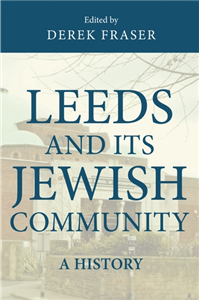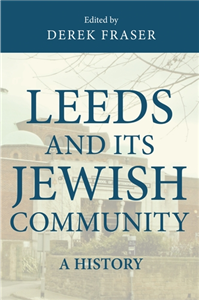Realising the city
Urban ethnography in Manchester
by Camilla Lewis, Jessica Symons
This book offers an inside view of Manchester, England demonstrating the complexity of urban dynamics from a range of ethnographic vantage points, including the city's football clubs, the airport, housing estates, the Gay Village and the city's annual civic parade. These perspectives help trace the multiple dynamics of a vibrant and rapidly changing post-industrial city, showing how people's decisions and actions co-produce the city and give it shape. Using the metaphor of the kaleidoscope, with each turn of the wheel, another aspect of the city is materialised. In doing so, the contributors complicate the dominant narrative of Manchester's renaissance as driven by the city administration's entrepreneurial ethos. By taking up civic space and resources with council-led cultural representations focused largely on generating financial income for the city, three decades of command-and-control politics has inhibited grassroots and spontaneous forms of emergent publics.























